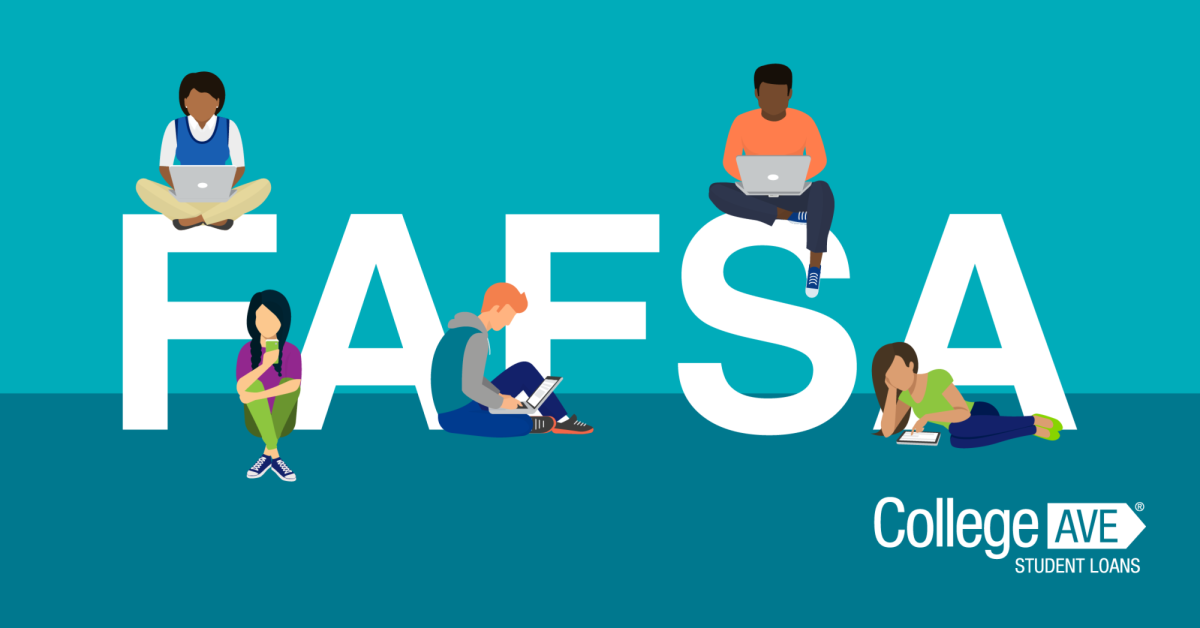When thinking of propaganda, the immediate mindset is those political cartoons telling us what is right and bringing fear to the table. Caricatures of people in the center and words plastered over colors are some of the more prominent figures of propaganda we know.
But what is propaganda? We see it all the time in or headlines from magazines, junk science, revisions in history, and even in our social media.
Propaganda works better than censorship, as Mike Abramowitz, president of Freedom House, would say.
The word ‘propaganda’ gets tossed around so much that we only think of its extreme versions. What it is, is a style of communication that sways an audience towards a hidden agenda. Doing so can be through manipulating data, information, or just lying.
But how does social media make propaganda easier to be fed? Let’s look at one of the biggest and better examples, Russia and the 2016 US election. Russia had supported Donald Trump in the presidential election and impacted African American voters during it by targeting them on Facebook. Even had after Trump’s inauguration, Russian propagandists had fueled conspiracy theories about Barack Obama and encouraged Trump to take action.
What does this mean to us, the average person? Social media has gotten a boost in popularity in recent decades. As the internet has become more accessible and convenient, research has been at the tips of our fingers for more information. With this free information comes ads, a price to pay for salvation. Although the internet has become more available, so has propaganda.
As NBC news said, “Even traditional bastions of internet freedom have deployed what the organization called “informational tactics” to manipulate elections, meaning the coordinated use of hyperpartisan commentators, bots or news sites to disseminate false content, often with the backing of the government or a political party apparatus.”
Breaking it down, it means that ‘internet freedom’ affects people with other tactics used to influence the public.
With the rise of fake news, it’s becoming more prominent that propaganda is followed along.
In TrendMicro’s studies, they’ve found that it’s not hard to create fake news. In one study, it took them over four weeks just to discredit a journalist. If you haven’t noticed, that’s propaganda.
We’re led to believe almost everything we see and don’t do the research to back it up. How many of you like that post and share a news article onto your feed to show to other people? Almost all of us have, and it feeds into swaying us to a specific idea through the means of manipulation.
Though the argument can be said, “Why not research before you post?” It doesn’t make a loud voice when we, as humans, look for the more relevant examples of what we want. It’s also harder to differentiate a sponsored message and propaganda, as they’re both targeted to persuade people.
So how do we stop being fed these things? Well as a society, we really can’t urge everyone to stop and research everything you see before you spread it, but it helps. What’s effective is getting media platforms, like FaceBook, to start punishing those who purposely spread and have a filter for misleading information and propaganda. It is a real fight and not some kind of quirky extremist ideology.








